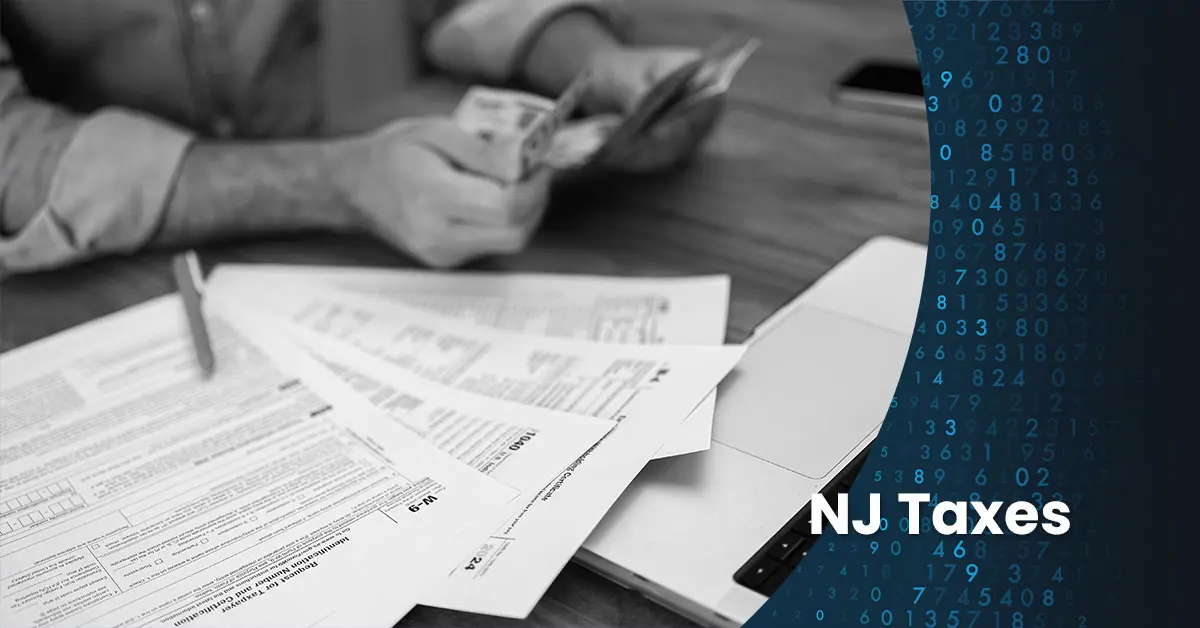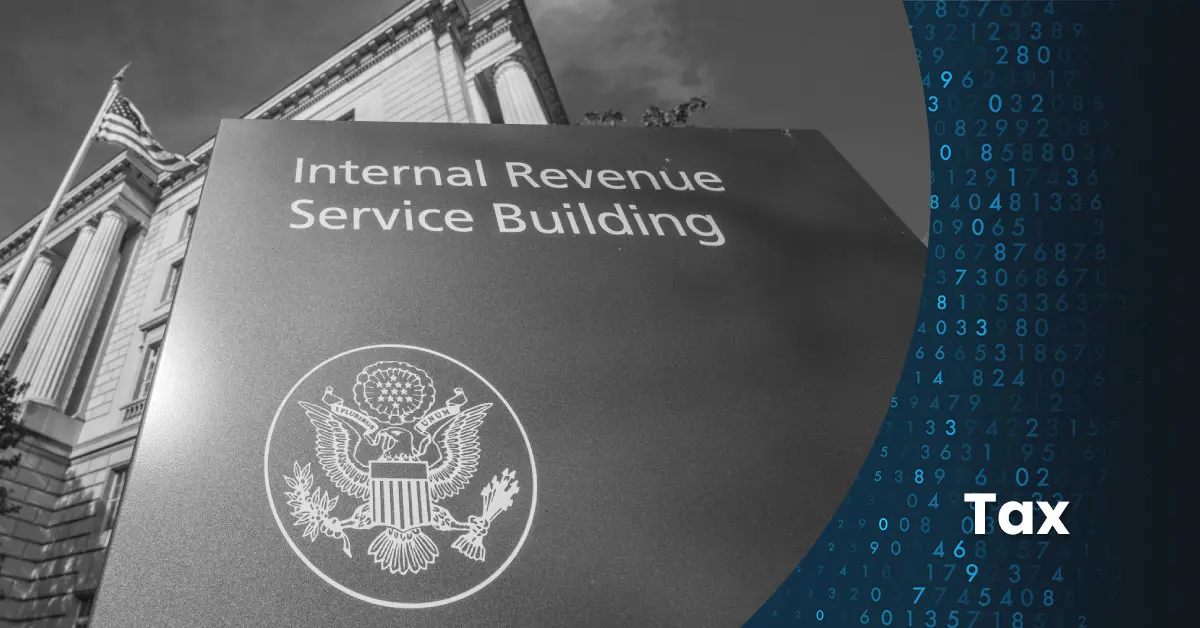Overview
In September 2022, the Financial Crimes Enforcement Network (FinCEN) issued a final rule implementing the beneficial ownership information (BOI) reporting provisions of the Corporate Transparency Act (CTA). The new rules will require business entities to file a Beneficial Ownership Information (BOI) report that discloses the identifying information of their beneficial owners. FinCEN’s goal in collecting beneficial ownership information is to uncover the identities of anonymous shell companies engaged in illicit activities, such as money laundering and asset concealment, that intentionally hide their owners or individuals in control of decision-making processes.
Who is Required to File a Beneficial Ownership Information (BOI) Report?
Most legal entities formed or registered to do business in any U.S. state, either domestic or foreign, are required to file a BOI report (“reporting companies”). Reporting companies include domestic corporations, LLCs, and any other entities that are created by filing a document with the Secretary of State of any U.S. state. In addition, foreign corporations, foreign LLCs, and other foreign entities registered to do business in any U.S. state are also considered reporting companies.
Are There Exemptions to the Reporting Requirement?
There are 23 types of companies that are exempt from the definition of “reporting company.” Some of these are: certain types of banks, SEC registrants, certain types of investment companies, tax-exempt entities, and large operating companies with at least 20 full-time employees, more than $5,000,000 in gross sales, and an operating presence in the United States. These entities are already regulated by federal and state governments and already disclose their beneficial ownership information.
What Information is Collected in the BOI Report?
Reporting companies must provide their legal name and trade names, their current address, their jurisdiction of formation or registration, and their taxpayer identification number. They must also provide the following information for each “beneficial owner” and “company applicant”:
- Full name
- Date of birth
- Residential address
- Unique identification number, name of the issuing jurisdiction and a picture of an acceptable form of identification, such as a driver’s license or passport
Who are Beneficial Owners?
A beneficial owner is any individual who, directly or indirectly, either:
- Exercises “substantial control” over a reporting company; or
- Owns or controls at least 25 percent or more of a reporting company.
An individual has substantial control over a reporting company if they direct, determine, or exercise substantial influence over important decisions of the reporting company. Any senior officer (such as a President, CEO, CFO, COO, or General Counsel) is deemed to have substantial control over a reporting company.
Who are Company Applicants?
There are two types of company applicants:
- The individual who directly files the document that creates the entity. For foreign reporting companies, this is the individual who registers the entity to do business in the United States.
- The individual who is primarily responsible for overseeing or managing the filing of the relevant document by another person.
Such individuals may include the general counsel, outside counsel, and CPAs.
What are FinCEN Identifiers (FinCEN ID)?
Individuals who provide the four required pieces of information above, as well as reporting companies, have the option of obtaining a “FinCEN Identifier.” This identifier may be used in lieu of the required information when submitting a BOI report to FinCEN.
Are There Penalties for Non-compliance?
It’s illegal to knowingly provide false or fraudulent beneficial ownership information or to willfully fail to provide beneficial ownership information to FinCEN. Violations may result in civil penalties of $500 per day (up to $10,000) or criminal penalties of up to 2 years in prison.
Timeline for Compliance
The rule is effective January 1, 2024. Reporting companies formed or registered before that date will have until January 1, 2025, to file their initial reports. Reporting companies formed or registered after the effective date will have 30 days to file their initial reports. Reporting companies will also have 30 days to report changes to previously filed information and to correct errors.
Conclusion
The BOI report requirements affect many businesses, their owners, and management teams. They require the collection of sensitive personal information. It’s expected that the collection of such information will be a delicate, time-consuming process that requires careful handling. Therefore, these affected companies and individuals should familiarize themselves with the requirements prior to the BOI report due date.





 Previous
Previous






